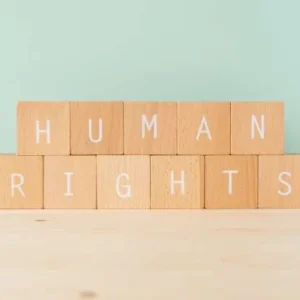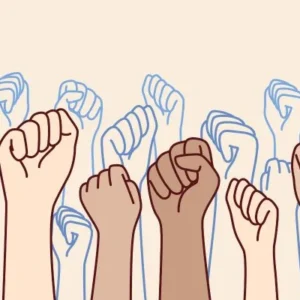A United Nations expert has raised alarm over the growing control of freedom of expression online by powerful political and corporate actors. Irene Khan, the UN Special Rapporteur on freedom of opinion and expression, presented her report to the General Assembly, warning that the current shifts threaten the safety and rights of billions who rely on social media for communication and information. She highlighted an erosion in States’ adherence to international law, the privatization of freedom of expression on digital platforms, and a fragmented global approach to corporate accountability for human rights.
Khan criticized social media companies for retreating from their responsibilities to combat disinformation and hate speech, emphasizing that when major digital platforms reject international human rights norms, they compromise both their legitimacy and effectiveness. She also warned that governments are increasingly silencing dissenting voices amid rising authoritarianism, democratic backsliding, and growing hostility toward human rights.
The expert urged States to align social media regulation with international human rights standards and called on technology companies to conduct proper human rights due diligence. She expressed deep concern about what she described as a “frontal attack” by the U.S. administration on international law and human rights, saying it has emboldened both authoritarian governments and large technology firms.
Khan cautioned that using freedom of expression as a weapon to spread hate and misinformation is dangerous and must be avoided by both governments and corporations. She called for urgent action to curb the excessive market dominance of major social media platforms, promote media diversity, and invest in community-driven networks and decentralized governance systems.
Addressing the rapid development of artificial intelligence, Khan warned that unregulated innovation poses serious risks. She stressed the shared responsibility of States, companies, and civil society to ensure AI technologies enhance rather than erode freedom of opinion and expression. Concluding her remarks, Khan underscored that international human rights norms remain vital for building consensus and stability, urging governments and corporations to renew their commitment to these principles in the digital age.







